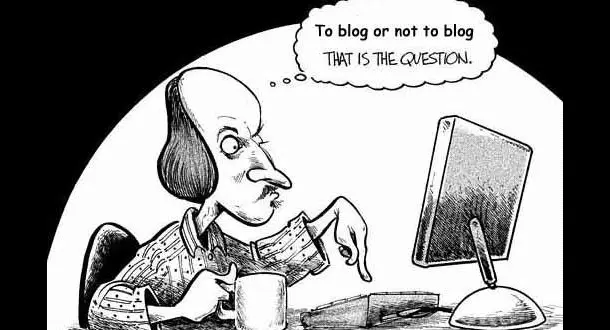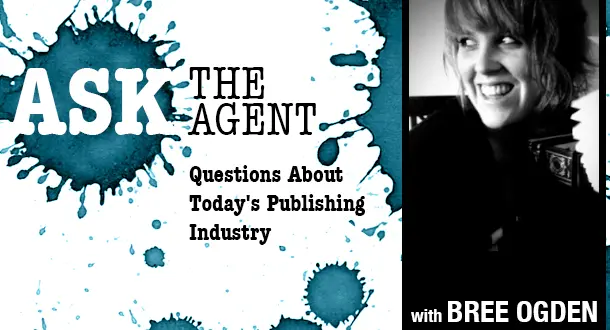Menu
Columns
Showing 3546 Columns
Showing 3546 Columns
February 12th, 2013

Chuck Palahniuk once said about fiction, “Teach me something, make me laugh, and then break my heart.” It’s good advice. While I don’t always make my readers laugh, you could probably insert “scare me to death” and get a similar result. How do you get your audience to have a visceral reaction to your stories, how do you get them to feel the power of the thoughts, emotions and histories of your characters on the page? It’s not easy, but here are a few tips, some ways to engage your readers.
Read Column →February 11th, 2013

Why The F*ck Aren't You Reading? is a new feature where the columnist spotlights a writer who has a dedicated following and is well known within the writing community, but hasn't achieved the elephant-in-the-room style success of a Stephen King or Gillian Flynn—But they deserve to, dammit! Hopefully the column will help gain the author featured a few more well deserved readers.
Read Column →February 8th, 2013

You hop on your computer to write. Three hours later, you've written a whole lot—in Facebook posts, Twitter updates, forum posts, instant messages, and emails—but your story has moved along like a legless turtle. Sound familiar? We could just disconnect from the web, but somehow having an active connection feels like a requirement for doing anything on a computer. Why do we rely on the internet so fully? How has this led us to “digital dependency”? And how can we get ourselves to log off so we can more effectively write on?
Read Column →February 8th, 2013

Lena Dunham. Ah, Lena Dunham. Filmmaker, actress, writer. Subject of so much derision you'd think she spent her days throwing cats into airplane engines. When a new episode of Girls premieres, or we learn that Random House agrees to shell out $3.5 million for her first book, the internet goes apeshit. We're met with vociferous cries of:
Read Column →February 7th, 2013

Some things to have taken into consideration while writing your story. Not rules, just after-the-fact guidelines.
Read Column →February 7th, 2013

It was tough to be a comic book movie in 2012 if your name wasn't Batman or The Avengers. Even poor Spider-Man didn't fare well in comparison. Because while The Avengers worldwide box office was over 1.5 billion, and Batman: The Dark Knight Rises was just over 1 billion, and even Spidey cracked an impressive 756 million, poor Dredd with its R-rating made a paltry 37 million (almost). But were The Avengers, The Dark Knight Rises, and The Amazing Spider-Man really that much better than Dredd?
Read Column →February 6th, 2013

Despite the occasional rumbling of blog fatigue on the internet, blogs remain a potentially effective way for aspiring writers to develop and share their voice and work. At best, a successful blogger holds their audience loyally captive with entertaining, inspiring or informative posts. The blog serves as a helpful tool to help showcase their unique perspective as well as highlight (note, not obnoxiously self-promote) other work they’ve placed in lit journals and online medias.
Read Column →February 6th, 2013

To blag (v): to sound like you know what you’re talking about when you don’t. The Blagger’s Guide to Literature (n): an invaluable resource for those who wish to blag about books without actually reading them. Wait! The guy who wrote Les Mis was called Ewgo, not Hugo. And this is why the Blagger’s Guide is the best and only way to avoid literary embarrassment. Hugo was French and that’s how you pronounce his name in his native tongue.
Read Column →February 5th, 2013

NOTE: Everything I say about this anthology can probably be applied to other anthologies, annual and irregular, such as The Best American Mystery Stories, The Best American Non-required Reading, and others.
Read Column →February 4th, 2013

Navigating the rough terrain of today’s publishing industry shouldn’t be a solo event. This week in Ask the Agent, I’ll explore and dissect two of the industry’s mysteries, straight from the shoulder.
Read Column →🎼
Tell us about your book, and we'll give you a writing playlist
Take our 1 minute quiz to find your ideal tunes.